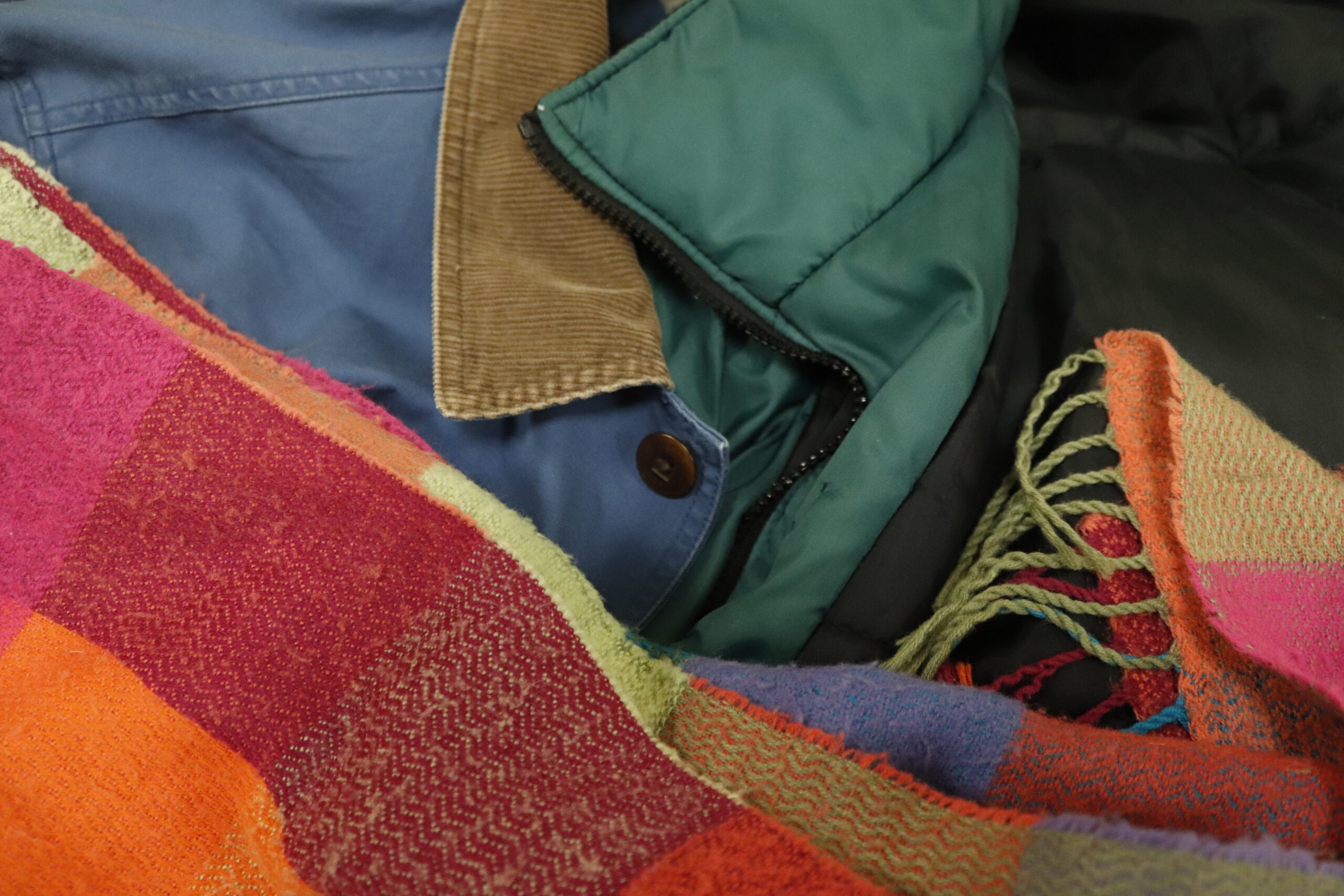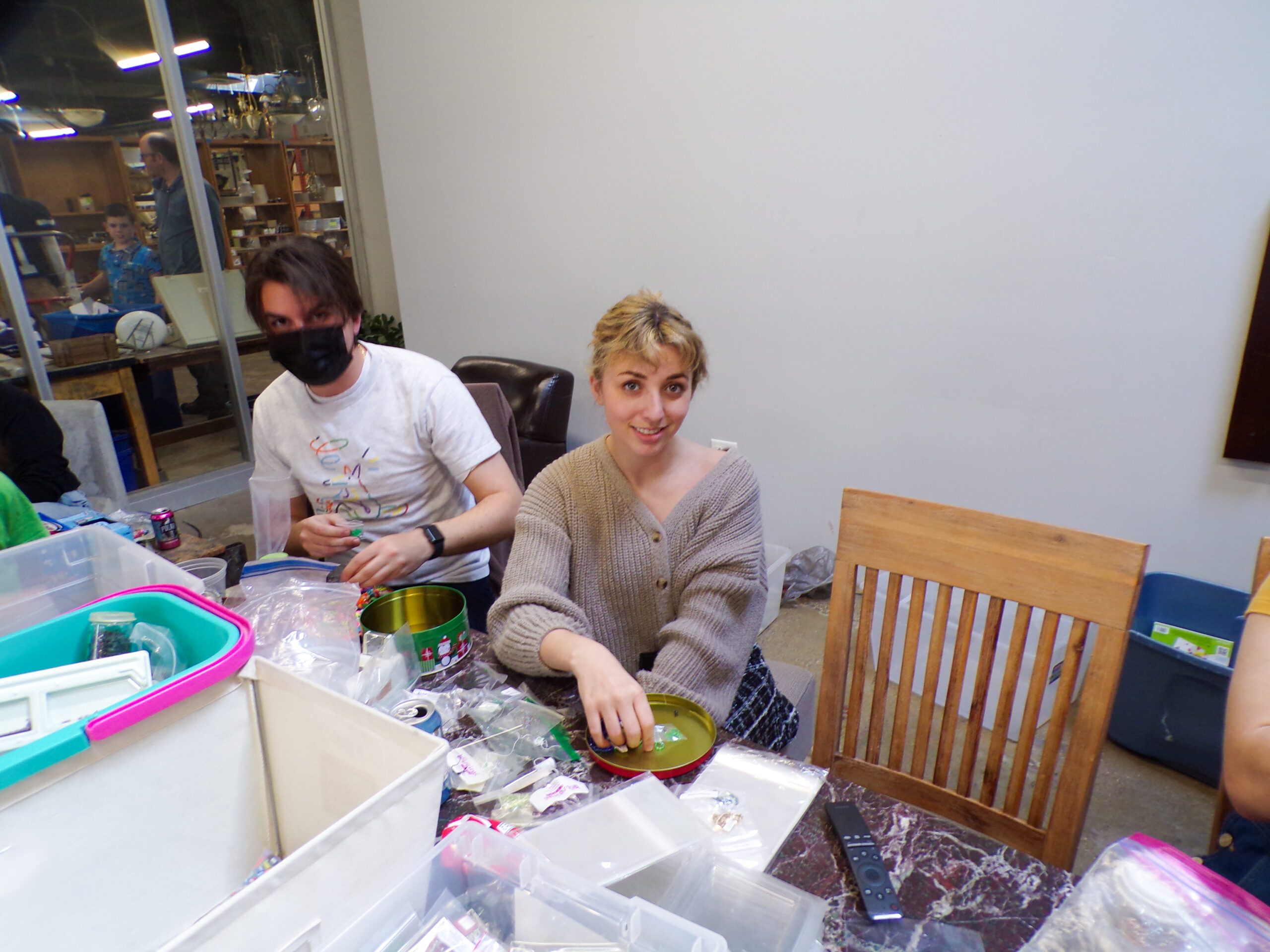The trend of thrifting has risen exponentially in the past couple of years and will continue to do so. It is estimated the American secondhand market will be an $82 billion industry by 2026, according to thredUP. In 2021, it sat at $35 billion.
In Rogers Park and Edgewater, there are a series of resale shops offering a treasure trove of affordable clothes and knicknacks. Green Element Resale is a popular stop just south of Loyola’s Lake Shore Campus. About 1.5 miles north of campus, The Phoenix recently reported on the new vintage resale store Boho Barbie Ken.
Online, platforms like Depop and thredUP are thrifting options where users can avoid the sometimes overwhelming experience of in-store thrifting. Instead, customers can scroll through second-hand products and have them delivered to their door.
The trend of thrifting has risen exponentially in the past couple of years and will continue to do so. It is estimated the American secondhand market will be an $82 billion industry by 2026, according to thredUP. In 2021, it sat at $35 billion.
In America, about 85% of all textiles end up in landfills every year, according to Earth.org. Thrifting provides a second chance for many of these products to end up in the closets of consumers.
It is clear the resale trend has been beneficial for the environment. In 2021, secondhand shopping displaced nearly 1 billion clothing purchases that would otherwise have been purchased new, according to thredUP. But where it has gone wrong is when people purchase items from these shops only to turn a profit elsewhere.
In using sites like Depop and thredUP, some individuals will purchase items at their low and affordable price points, only to hike the prices and sell en masse from their own inventory.
One of the primary intentions of thrift stores is to serve communities who are unable to purchase brand new clothing and household items. Inexpensive prices allow for more substantial and comprehensive consumption compared to traditional retail shopping.
For Loyola students, residents of surrounding neighborhoods and people throughout America, these resale shops are an effective way to change up one’s wardrobe while leaving less of a carbon footprint.
While people who buy and resell these items at higher prices may still technically be doing their part in fighting deleterious impacts on the environment, they’re making more desirable items less accessible for those who rely on secondhand shopping.
Featured image by Austin Hojdar | The Phoenix












